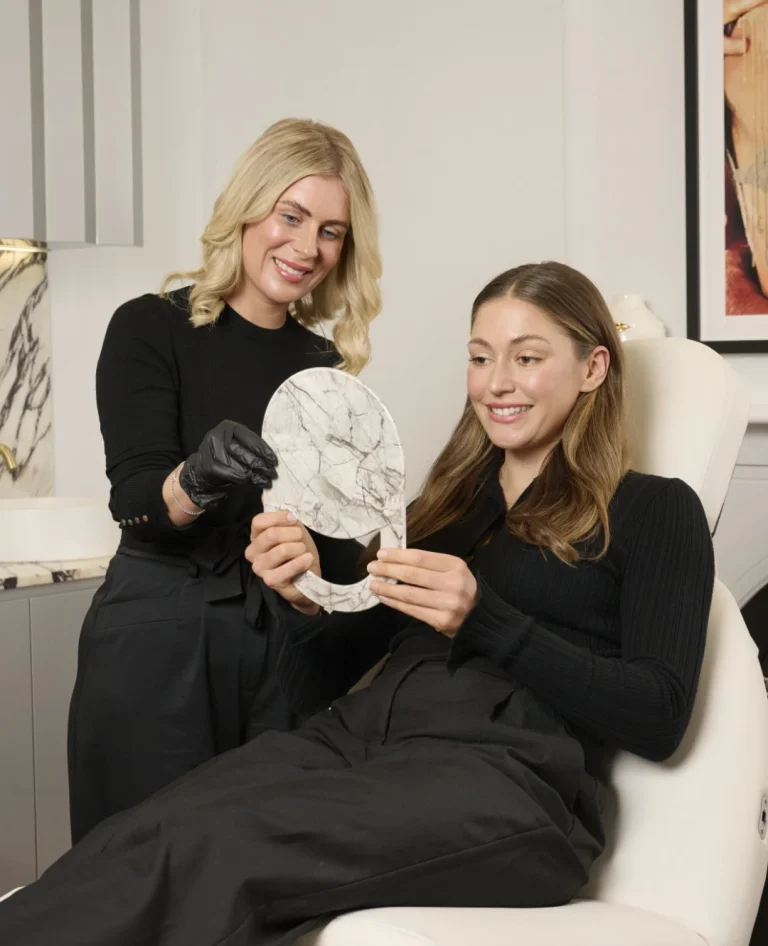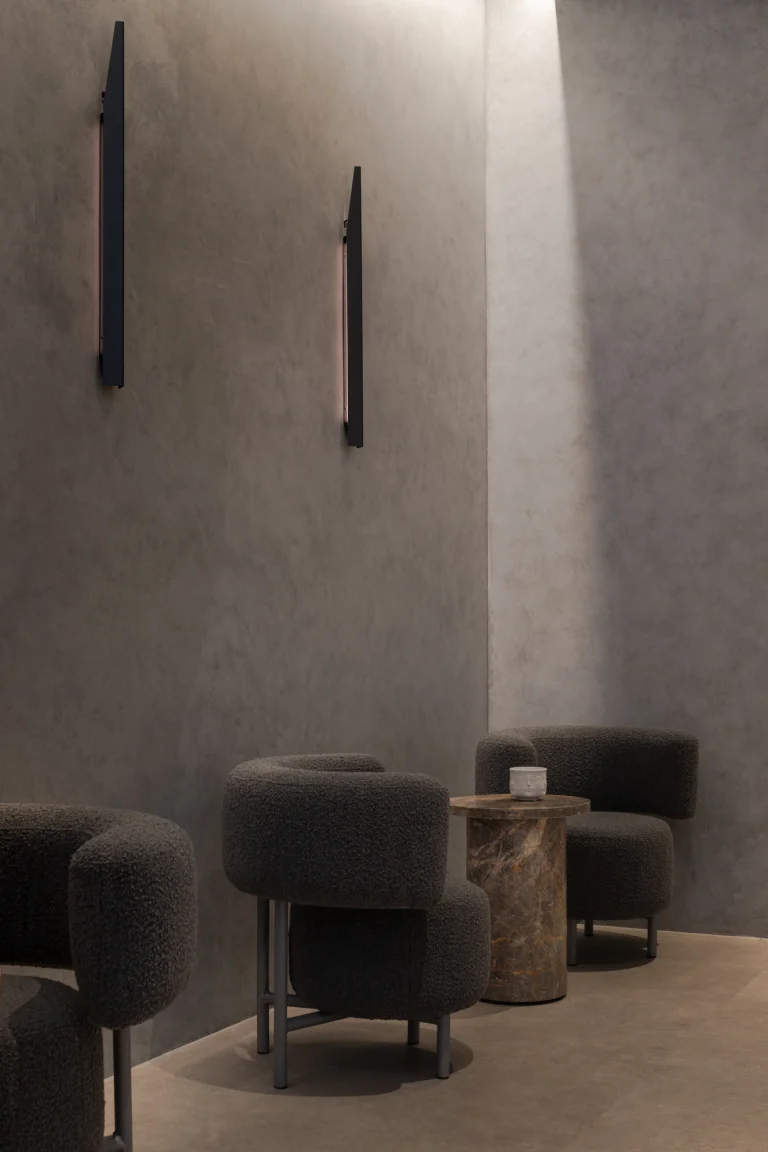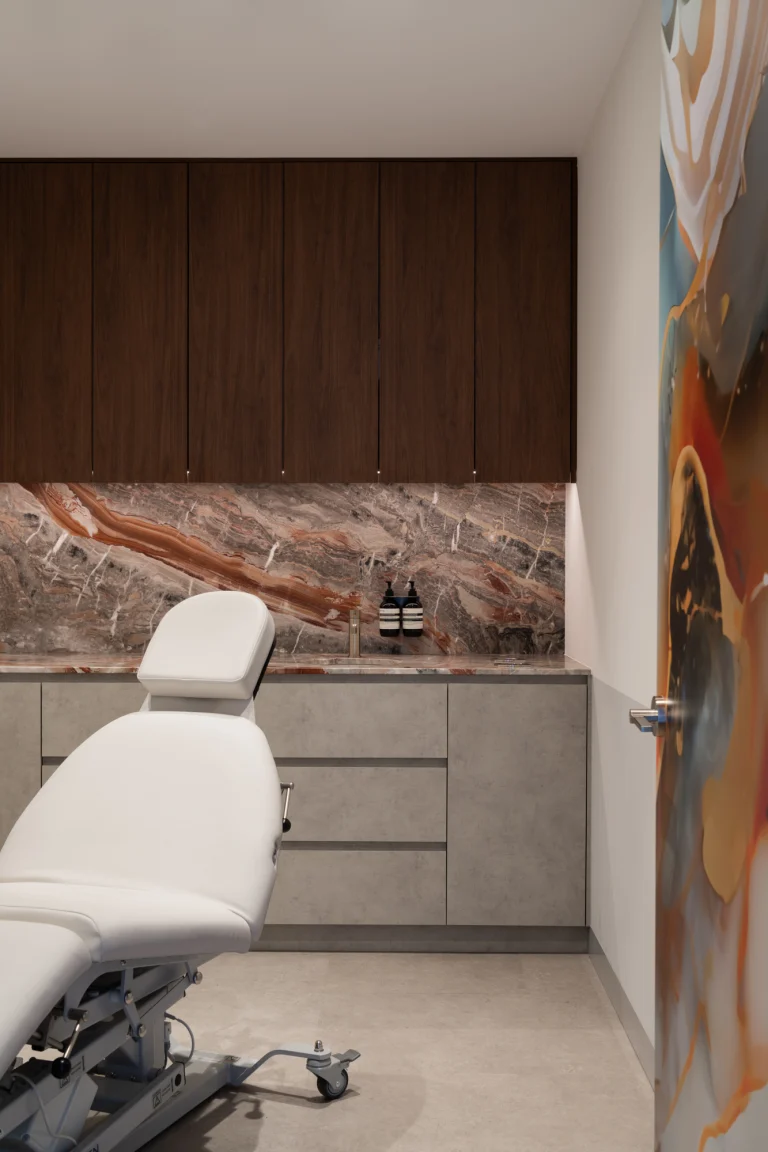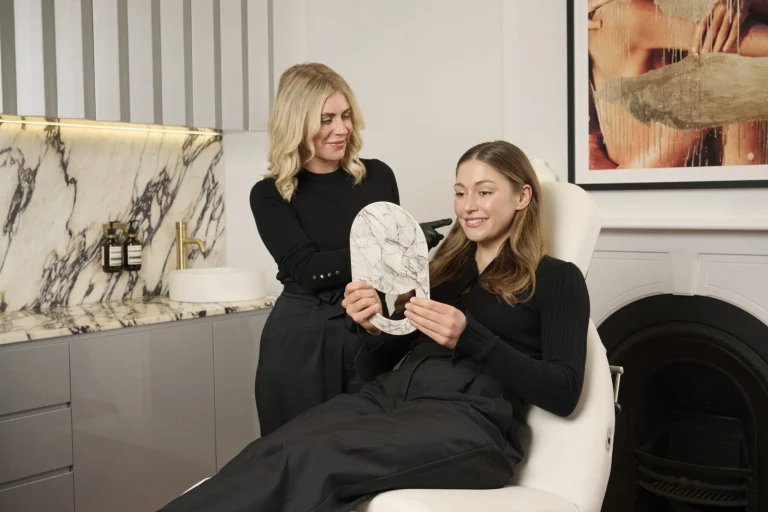
In accordance with Therapeutic Goods Administration (TGA) regulations, we are unable to provide detailed information about specific treatments online. Such information may be misinterpreted as the promotion of prescription-only (Schedule 4) medications – this is not permitted under TGA guidelines.
For this reason, a consultation with one of our practitioners is required. During your comprehensive consultation, your practitioner will carefully assess your skin, discuss your concerns, and provide education around suitable treatment options. A personalised treatment plan will then be created to address your individual needs.
Treatment costs will vary depending on your tailored plan and will be discussed with you in detail during your consultation.

People who suffer from bruxism often report daily headaches, TMJ pain, ear and facial pain, worn down teeth and dental problems.
Symptoms may impact daily comfort and are commonly managed using a range of conservative approaches.
In addition, the overuse of the masseter muscles from chronic grinding results in hypertrophy of the muscles (enlargement of the muscle) which causes changes in lower facial shape or jaw prominence.
Understanding the Masseter Muscles
The masseter muscles are large, powerful muscles located at the angle of the jaw. They are responsible for chewing and play a key role in facial structure.
In some individuals, these muscles can become overactive or enlarged due to:
- Habitual clenching or grinding (known as bruxism)
- Stress and tension-related jaw tightness
- Genetic predisposition or naturally strong jaw muscles
This may contribute to:
- Headaches or jaw pain
- Dental wear or TMJ discomfort
- A wider or more square lower face shape
Management approaches may be discussed following assessment.

Common Causes of Clenching and Grinding
Jaw clenching and teeth grinding often occur involuntarily, particularly during sleep or periods of stress.
Contributing factors may include:
- Anxiety or stress
- Sleep disorders (e.g. sleep apnoea)
- Dental misalignment or bite imbalance
- Caffeine or stimulant use
- Certain medications that increase muscle activity
Addressing these underlying causes, along with targeted medical treatment, may help break the cycle of tension and discomfort.
Other Treatment Options
Depending on the underlying cause and severity, your Youth Lab practitioner may also discuss complementary or alternative approaches, such as:
- Custom dental splints or mouthguards (via your dentist) to reduce night-time grinding
- Stress management or physiotherapy for muscular relaxation
- Other medical options may be discussed where appropriate
- Adjunct cosmetic treatments such as chin or jawline contouring to balance facial proportions
Your treatment plan will be fully customised following medical assessment.

